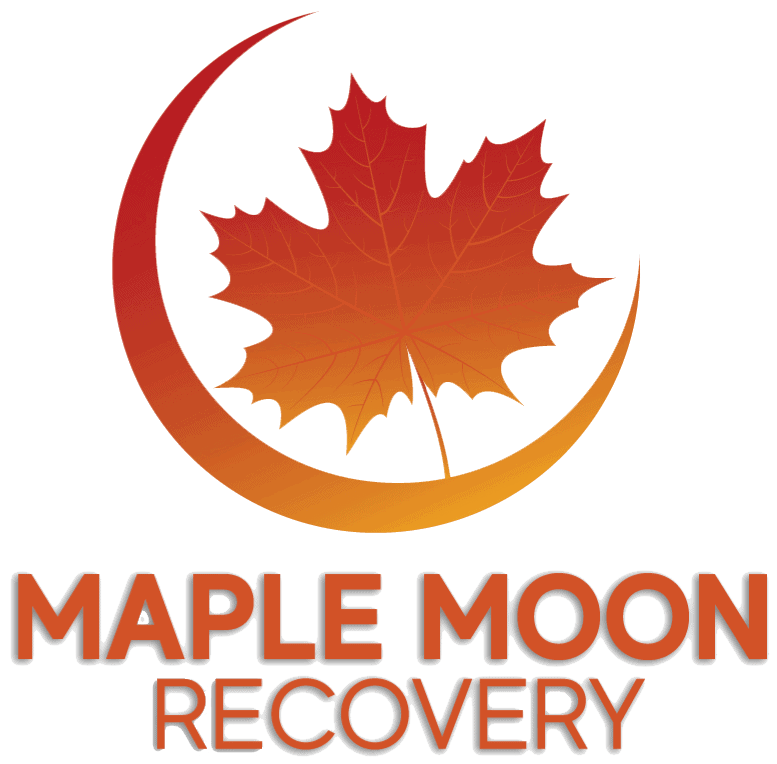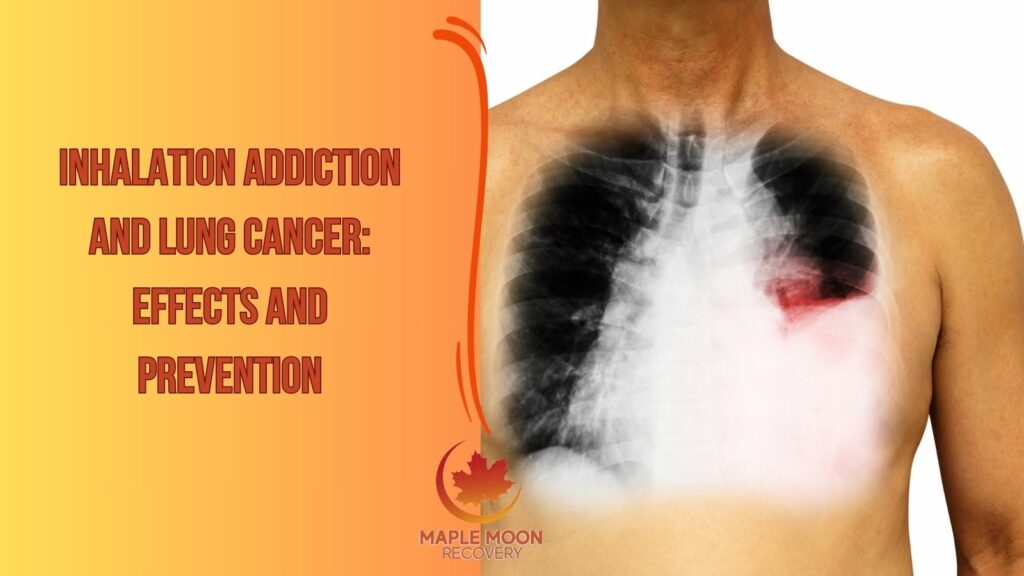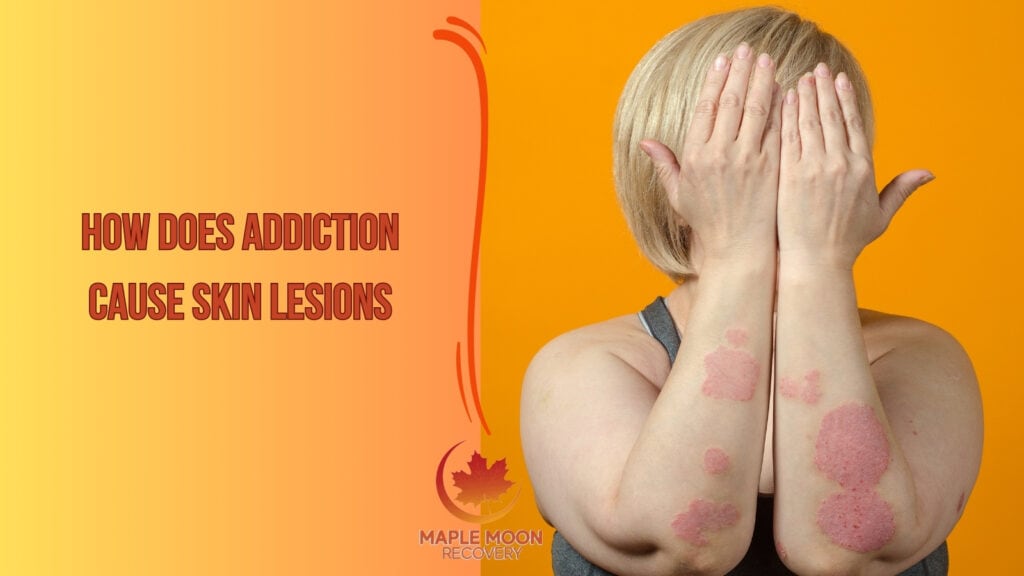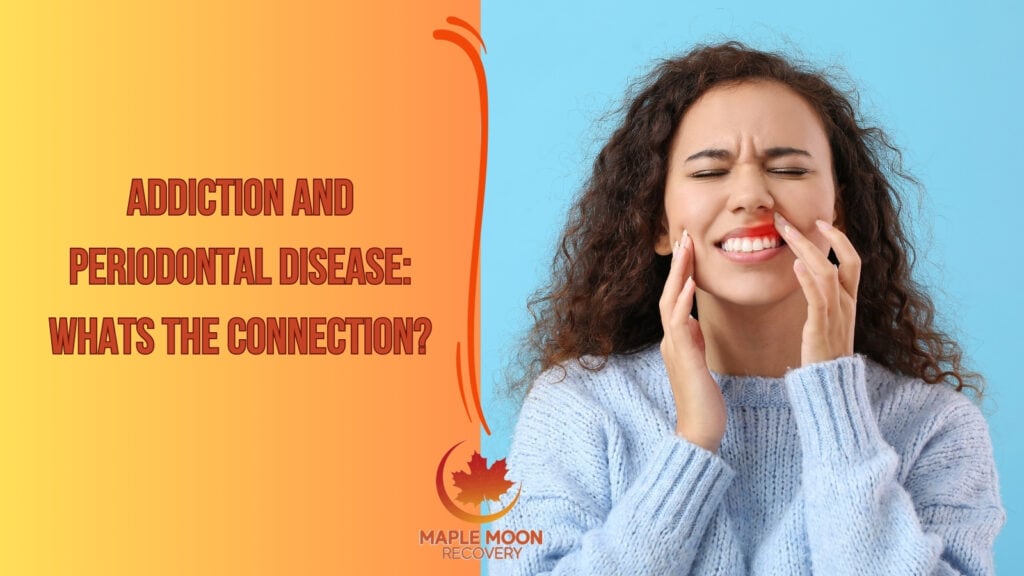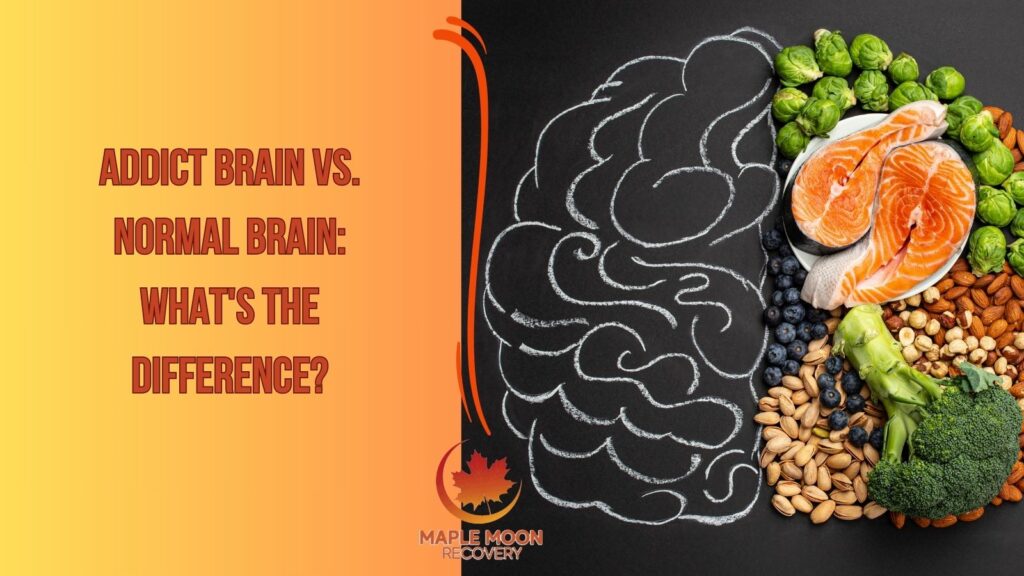Inhalation addiction, also known as inhalant abuse or substance inhalation, refers to the compulsive and harmful habit of inhaling chemical vapors or fumes for their psychoactive effects. This form of addiction is the deliberate inhalation of solvents, aerosol sprays, gases, and volatile chemicals found in household products, industrial cleaners, and recreational drugs.
Individuals engage in inhalation addiction by sniffing or inhaling these substances through the nose or mouth, often seeking the short-lived euphoria or altered mental state they produce.
The effect of inhalation addiction include respiratory distress, central nervous system depression, cardiac arrhythmias, and, in severe cases, permanent organ damage or death.
To mitigate the risk of lung cancer, individuals are advised to abstain from smoking entirely, control alcohol intake, maintain optimal indoor air quality, and carry out regular medical checkups. These proactive measures bring down the incidence and severity of lung cancer, ultimately promoting better overall health and well-being.
How Does Inhalation Addiction Cause Lung Cancer?
According to the Addiction Center, the correlation between nicotine addiction and lung cancer is substantial, with smoking alone accounting for approximately 80% to 90% of lung cancer deaths in the United States.
Inhalation addiction, characterized by the habitual intake of substances through the respiratory system, inflicts extensive damage to lung health.
Cigarette smoke, the most prevalent form of inhalant, contains thousands of chemicals, including carcinogens like tar, formaldehyde, and benzene.
Prolonged exposure to these toxins leads to inflammation, tissue damage, and impaired lung function. Chronic obstructive pulmonary disease (COPD), emphysema, and bronchitis are among the debilitating respiratory conditions linked to inhalation addiction.
Beyond smoking, the use of substances like marijuana, crack cocaine, methamphetamine, heroin, and excessive alcohol consumption also heighten the risk of developing lung cancer. In addition, exposure to secondhand smoke poses notable health dangers, elevating the likelihood of lung cancer for nonsmokers.
Preventative measures against lung cancer encompass steering clear of tobacco products, moderating alcohol consumption, and minimizing exposure to secondhand smoke.
Early detection and intervention strategies play a pivotal role in enhancing outcomes. While inhaled chemotherapy shows promise, careful consideration is warranted due to potential adverse effects.
Innovative approaches utilizing nanotechnology offer promising avenues to enhance the efficacy of lung cancer treatment. These methods aim to improve drug retention within lung tumor cells while simultaneously reducing systemic toxicities. However, ongoing research endeavors strive to identify safer and more efficient means of delivering inhaled chemotherapies.
What Are the Symptoms of Inhalation Addiction?
Inhalant addiction manifests through various physical, cognitive, and psychosocial symptoms. Some common signs of inhalant addiction include, viz:
Physical Symptoms:
- Spots or sores around the mouth
- Irregular heartbeat
- Shallow or irregular respiration
- Nausea and vomiting
- Headaches
- Muscle weakness
- Lack of hygiene
Cognitive Symptoms:
- Confusion and disorientation
- Poor coordination
- Inability to focus or concentrate
- Forgetfulness
- Poor judgment
Psychosocial Symptoms:
- Mood swings
- Unprovoked anxiety, agitation, or anger
- Apathy
- Excitability and restlessness
Behavioral Symptoms:
- Engaging in risky behaviors
- Acting belligerently
- Slurring speech
- Demonstrating poor motor control
- Possessing large quantities of inhalants
- Spending excessive time in secluded locations
If someone exhibits these symptoms, it indicates a struggle with inhalant addiction. Withdrawal from inhalants leads to symptoms such as profuse perspiration, nausea, tremors, hallucinations, and powerful cravings
What Are the Effects of Inhalants on Lung Cancer Risk?
Inhalation addiction, linked to nicotine, marijuana, crack cocaine, methamphetamine, and heroin, has profound effects on both physical and mental health. Here are some of the effects:
- Lung Damage: Perhaps the most well-known consequence of inhalation addiction is lung damage. Smoking cigarettes, marijuana, or crack cocaine, for example, exposes the lungs to harmful chemicals and toxins, leading to conditions such as chronic obstructive pulmonary disease (COPD), emphysema, and lung cancer.
- Cardiovascular Problems: Inhalation addiction increases the risk of cardiovascular problems such as heart disease, stroke, and high blood pressure. The chemicals inhaled from substances like cigarettes and crack cocaine damage blood vessels, reduce oxygen levels in the blood, and contribute to the development of atherosclerosis.
- Respiratory Issues: Chronic inhalation of substances like cigarettes or marijuana results in respiratory issues such as chronic bronchitis, coughing, wheezing, and shortness of breath. These conditions diminish lung function and overall respiratory health.
- Addiction and Dependence: Inhalation addiction leads to the development of addiction and dependence, characterized by a compulsive need to use the substance despite negative consequences. This creates tolerance, where increasing amounts of the substance are needed to achieve the desired effect, as well as withdrawal symptoms when attempting to quit.
- Mental Health Disorders: Inhalation addiction is also associated with an increased risk of mental health disorders such as anxiety, depression, and psychosis. Substance use exacerbates existing mental health issues or contributes to the development of new ones, further complicating treatment and recovery.
- Cognitive Impairment: Prolonged inhalation addiction weakens cognitive function, including memory, attention, and decision-making abilities. Chronic use of substances like methamphetamine or crack cocaine, for example, develops changes in brain structure and function, resulting in long-lasting cognitive deficits.
- Social and Economic Consequences: Inhalation addiction has profound social and economic consequences, affecting relationships, employment, and financial stability. Substance use precipitates social isolation, legal problems, and financial hardship, further exacerbating the cycle of addiction.
- Increased Risk of Accidents and Injuries: Inhalation addiction harms judgment, coordination, and reaction time, increasing the risk of accidents and injuries. Substance use, particularly while operating machinery or driving, poses a greater danger to both the individual and others.
- Risk of Overdose: Certain inhalation drugs, such as heroin or methamphetamine, carry a high risk of overdose, which is life-threatening. Overdose occurs when the individual consumes a toxic amount of the substance, leading to respiratory depression, loss of consciousness, and, in severe cases, death.
- Withdrawal Symptoms: When individuals addicted to inhalation substances attempt to quit or cut back on their use, they experience withdrawal symptoms. These symptoms vary depending on the substance but comprise cravings, irritability, anxiety, nausea, sweating, and insomnia.
Preventing Lung Cancer Through Recovery from Inhalation Addiction
Recovery from inhalation addiction presents a crucial opportunity to prevent lung cancer and improve overall lung health.
Whether the addiction involves nicotine, marijuana, crack cocaine, or other substances, breaking free from the habit significantly reduces the risk of developing lung cancer and other respiratory complications. Here’s how recovery from inhalation addiction supports lung cancer prevention:
- Smoking Cessation: The cornerstone of preventing lung cancer in individuals addicted to inhalants is quitting smoking or ceasing the use of other harmful substances. Engaging in smoking cessation programs, attending support groups, or seeking professional counseling provides the necessary tools and support to overcome addiction and kick the habit for good.
- Reduced Exposure to Carcinogens: Inhalation addiction often involves the inhalation of various carcinogenic substances present in tobacco smoke, marijuana smoke, or crack cocaine fumes. By abstaining from smoking or drug use, individuals reduce their exposure to these harmful chemicals, lowering their risk of lung cancer and other respiratory diseases.
- Improved Lung Function: Recovery from inhalation addiction allows the lungs to heal and regain normal function. Over time, lung function improves, and the risk of developing lung cancer decreases. Quitting smoking, in particular, leads to improvements in lung function and reduces the buildup of tar and toxins in the lungs.
- Enhanced Immune Function: Inhalation addiction weakens the immune system, making individuals more susceptible to infections and diseases, including lung cancer. By abstaining from smoking or drug use, the immune system recovers and functions more effectively, reducing the risk of lung cancer and other respiratory infections.
- Adopting Healthy Lifestyle Choices: Recovery from inhalation addiction often involves adopting healthier lifestyle choices, such as regular exercise, balanced nutrition, and stress management techniques. These lifestyle changes further support lung health and reduce the risk of developing lung cancer.
- Regular Medical Checkups: Individuals in recovery from inhalation addiction need to undergo regular medical checkups, including lung cancer screenings, to monitor their lung health and detect any early signs of cancer or other respiratory conditions. Early detection serves for timely intervention and improved treatment outcomes.
- Supportive Therapies: Engaging in supportive therapies, such as behavioral counseling, cognitive-behavioral therapy, or group therapy, individuals in recovery address underlying psychological issues, triggers, and cravings associated with inhalation addiction. These therapies empower individuals to maintain their recovery journey and reduce the likelihood of relapse.
Inhalation addiction poses significant risks to lung health, increasing the likelihood of developing lung cancer and other respiratory complications. Yet, by recognizing the detrimental effects of inhalation addiction and taking proactive steps toward recovery, individuals lessen their risk of lung cancer.
Nicotine Addiction and Lung Cancer
As per data from the Centers for Disease Control and Prevention (CDC), individuals who smoke cigarettes face a significantly heightened risk, being 15 to 30 times more likely to develop or succumb to lung cancer compared to non-smokers.
The addictive nature of nicotine, coupled with the release of highly toxic substances into the lungs, substantially increases the likelihood of developing lung cancer even after just a few instances of smoking cigarettes.
Moreover, smokers not only face elevated risks of lung cancer but also have heightened chances of developing cancers affecting various other organs, including the esophagus, throat, liver, bronchus, trachea, stomach, colon, rectum, and pancreas.
Marijuana Addiction and Lung Cancer
Research conducted by the American Lung Association suggests that smoking marijuana is equally detrimental to lung health as smoking tobacco.
Notably, the practice of inhaling and holding one’s breath, common among marijuana smokers, prolongs the contact between smoke and lung cells, increasing the risk of lung damage and potentially cancer.
Similar to cigarettes, marijuana smoke contains numerous toxic carcinogens, further exacerbating lung health risks. Smoking marijuana also compromises the immune system, undermining its natural function and leaving the lungs more susceptible to infection and cancer.
Lung Cancer and Smoking Crack Cocaine
Smoking crack cocaine, the freebase form of cocaine aggravates lung cancer and even death. Unfortunately, freebasing crack cocaine has become a prevalent method of ingestion, surpassing other forms such as snorting cocaine.
Studies examining the relationship between crack cocaine abuse and lung cancer have demonstrated a substantial increase in the risk of lung cancer, as well as bronchial and throat cancer, among individuals who smoke crack cocaine.
The chemicals released during crack cocaine smoking, combined with foreign substances introduced into lung cells, compromise oxygen availability throughout the body.
Furthermore, smoking crack cocaine precipitates “crack lung,” a term coined by medical professionals to describe a spectrum of pulmonary diseases associated with the drug.
Quitting smoking or ceasing the use of other harmful substances, adopting healthier lifestyle choices, attending regular medical checkups, and engaging in supportive therapies are essential components of preventing lung cancer through recovery from inhalation addiction. By prioritizing lung health and seeking support for addiction recovery, individuals take control of their well-being and strive towards a healthier, cancer-free future.
What Are the Common Effects of Inhalation Addiction on the Lungs and Oral Health Compared to Periodontal Disease?
Inhalation addiction, such as smoking, has detrimental effects on both lung health and oral health. Smoking damages lung tissue, leading to respiratory problems like chronic obstructive pulmonary disease (COPD) and lung cancer. Additionally, smoking is a significant risk factor for periodontal disease, as it weakens the immune system and reduces blood flow to the gums, making them more susceptible to infection and inflammation. Periodontal disease, characterized by gum recession, tooth loss, and oral infections, can further exacerbate respiratory issues in individuals with lung conditions. Prevention efforts for both inhalation addiction and periodontal disease include smoking cessation programs, regular dental hygiene practices, and routine dental check-ups to maintain oral health and prevent the progression of periodontal disease.
